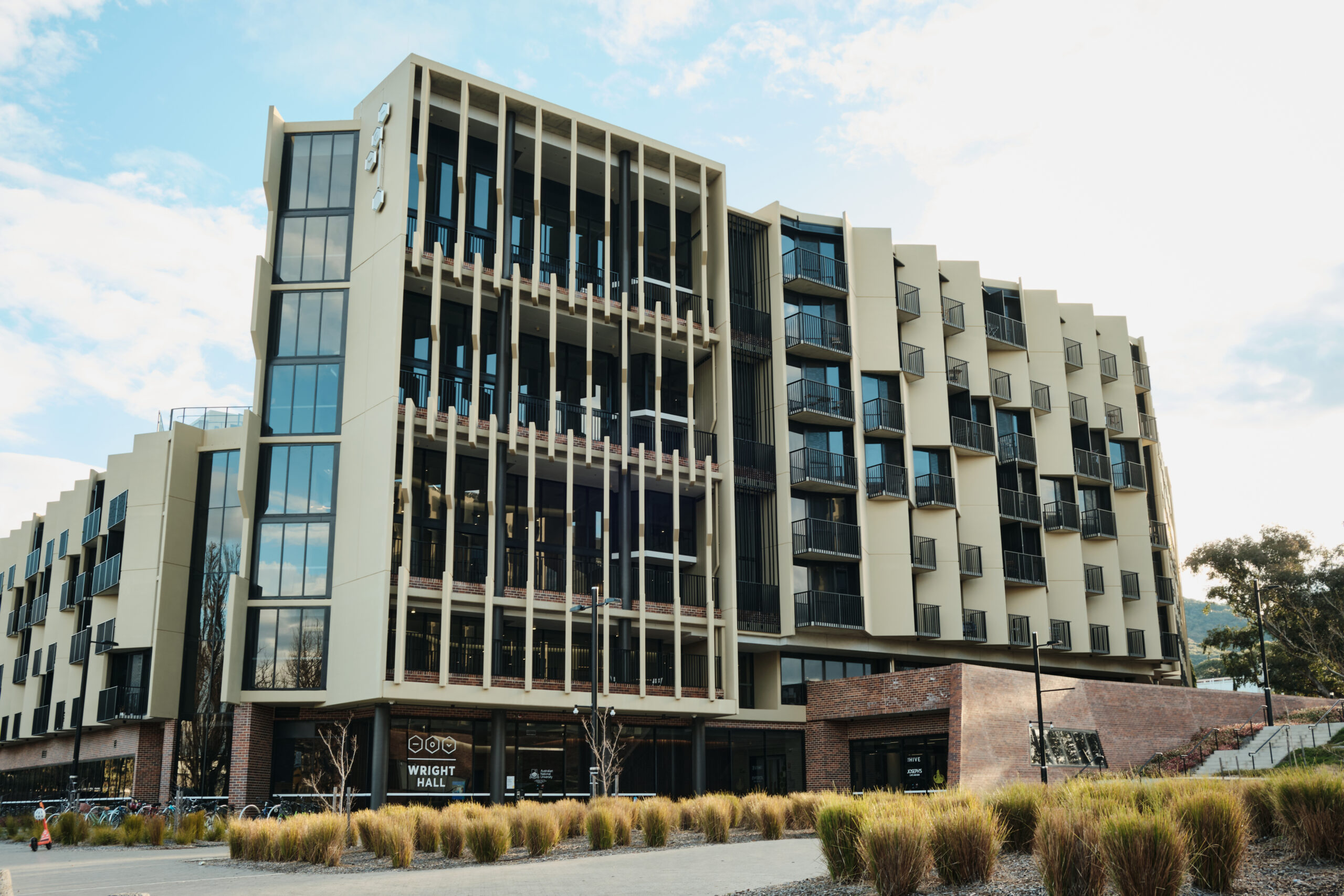Last week, two ANU students took the ANU to the ACT Civil and Administrative Tribunal (ACAT) over being made to pay rent when they could not return to the ACT due to public health directions last year.
The ANUSA-funded Legal Service is representing the students, while private lawyers are representing the University. The students have made two claims. The first is that the contract was frustrated through unforeseen and unforeseeable events, the 2021 lockdown. The second is that the contract was repudiated by the ANU when it told students outside the ACT to remain where they were, and when it could not provide a quarantine facility to students, meaning they could not enter the ACT unless on other grounds.
The students are seeking refunds from the ANU of between $4500 and $6,000 each.
At the time, the ACT government refused hundreds of students from NSW and Victoria entry. Several students tried to terminate their contract on the grounds that because they could not access their room, the ANU could not provide the service promised in the occupancy agreement.
The ANU rejected this at the time and did not let students terminate their contracts. Now, the two students argue that their contract was “frustrated” because of “unforeseen and unforeseeable events” – the 2021 lockdown – and that through no party’s fault, the contract was frustrated.
A University spokesperson confirmed that the lockdown and border restrictions impacted around 650 students.
The University, on the other hand, is arguing that ANU staff briefed students on the situation and that they should have foreseen the national lockdown. On cross-examination, lawyers for the ANU pointed to the quick lockdown of Sydney’s Northern Beaches at the end of 2020 as indicating that a national lockdown could also occur.
They continued to make this point through cross-examination, bringing up the initial 2020 lockdown, and the Northern Beaches lockdown as precedents for the 2021 lockdown. Concurrently, the lawyers also argued in cross-examination that students were warned of the risks of staying in Sydney, because the ANU communicated this frequently.
One of the students had not contacted ACT Health, instead learning of shifting requirements and public health orders through friends and the university. Lawyers for the ANU tried to argue that the fact that the student had not exhausted all options meant the contract was not frustrated. But the presiding member for the tribunal (similar to a judge) rejected this argument, stating that it was a question of whether the students could have returned, not whether they exhausted all options.
Ultimately, this last point appears to be the thrust of the lawyer’s argument: that students in Sydney could have quarantined elsewhere in the ACT and thus returned to their on-campus residence. The applicants, in trying to rebut this, pointed to the fact that ACT Health did not consider students living on campus as residents of the ACT.
A senior member of ANU’s residential sector testified for the University. During cross-examination, they did concede that by the end of 2020 there was a hope that “the worst had already passed.” This could possibly support the students’ claim that the 2021 lockdown was unforeseeable, but it is unclear.
When the students had attempted to terminate their contract, the University told them staff had previously informed students that a public health order would not constitute grounds to terminate the contract. Under cross-examination, the staff member admitted they were unable to find any evidence of this initial warning.
The staff member did acknowledge that the ANU planned to add a clause to StarRez – the accommodation portal -stating that public health orders and other COVID-19 measures would not impact the occupancy agreement. However, the witness took leave before the ANU enacted this and was unsure if it had actually happened.
The current occupancy agreement only states that signatories must follow all reasonable directions from authorities and the University regarding COVID-19.
The case also exposed details of the interactions between ACT Health and the University during the lockdown period. Another ANU witness stated that ACT Health claimed that students returning from Sydney posed the greatest epidemiological risk to the territory. They also stated that ACT Health made the decision to exclude ANU students from ACT residency status without the input of the University. Additionally, the now-ex staff member admitted that ACT Health knocked back multiple iterations of a plan that would see students returning from outside the territory quarantine in Davey Lodge.
The tribunal concluded with closing remarks last Friday. The case could have a significant impact on ANU students. If successful, this case could set a precedent for other students similarly impacted by public health directions. However, the ACAT is yet to publish their decision.
Woroni will stay up to date on this case and bring you the latest news.
Special thanks to Rosie Welsh, Virginia Plas, Roxana Sadeghpour and Eliz So for their court reporting
We acknowledge the Ngunnawal and Ngambri people, who are the Traditional Custodians of the land on which Woroni, Woroni Radio and Woroni TV are created, edited, published, printed and distributed. We pay our respects to Elders past and present. We acknowledge that the name Woroni was taken from the Wadi Wadi Nation without permission, and we are striving to do better for future reconciliation.
